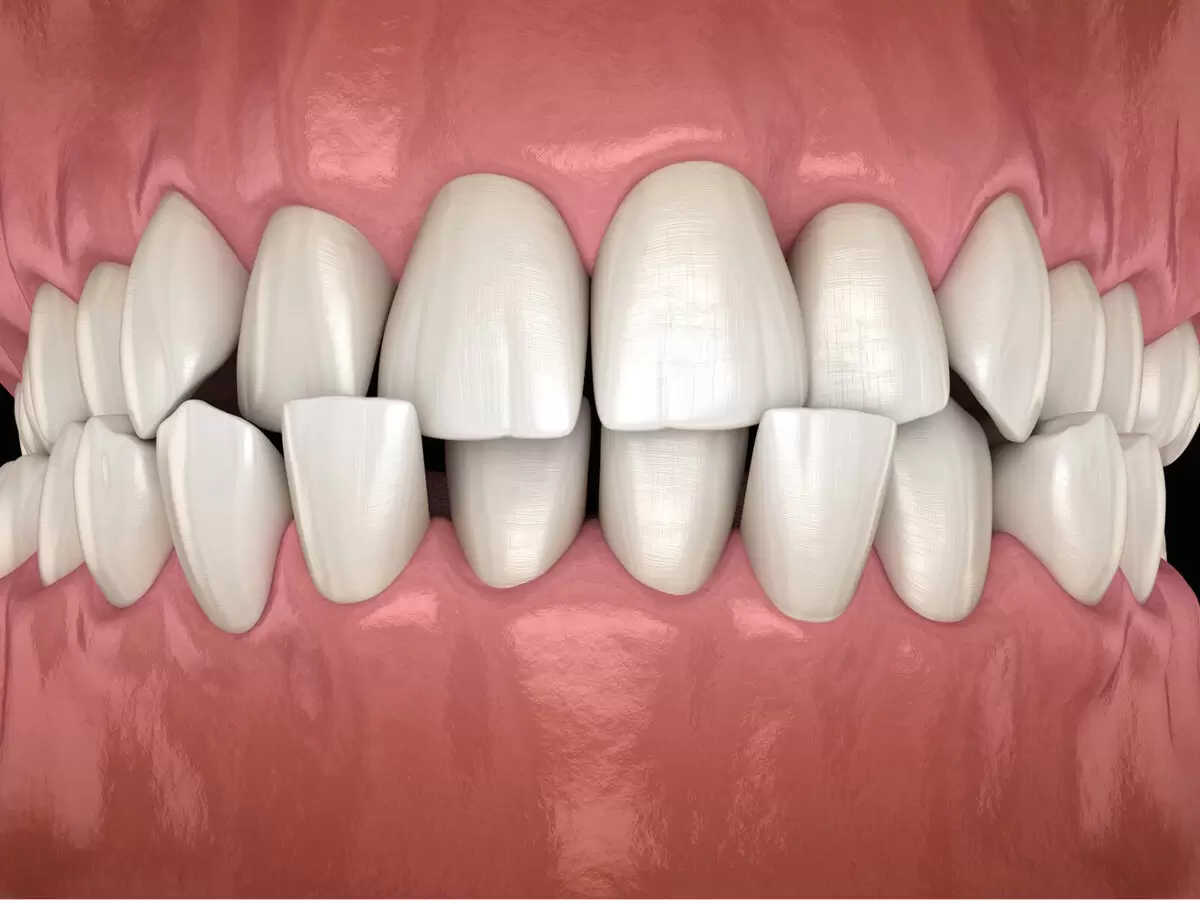Whitening: How to Prepare and Recover
Everything You Need to Know About Whitening
Whitening, also known as teeth bleaching, is a cosmetic dental procedure that involves the use of chemical agents to lighten the color of your teeth. This procedure is usually done to remove stains caused by the consumption of coffee, tea, wine, tobacco, or other substances.
At its core, teeth whitening is an aesthetic procedure that is done to improve the appearance of your teeth. People who are unhappy with the color of their teeth may choose whitening in order to enhance their smile and feel more confident in social situations.
Who Is Whitening For?
Whitening is a procedure that can be done on almost anyone who has healthy teeth and gums. However, some people may not be good candidates for this procedure. For example, if you have crowns or veneers, the bleaching agents won't work on them, so you may need to consider other options.
How to Prepare for Whitening
Before you go in for your whitening procedure, you should schedule a consultation with your dentist. During this consultation, your dentist will examine your teeth and gums to make sure they're healthy enough for the procedure. If you have any cavities or gum disease, these issues will need to be addressed before you can have your teeth whitened.
You may also need to avoid certain foods and drinks that can stain your teeth. Your dentist will give you specific instructions on what to avoid and for how long.
What to Expect During Whitening
During your whitening procedure, your dentist will apply a whitening gel to your teeth. The gel contains a bleaching agent, usually hydrogen peroxide or carbamide peroxide, which breaks down the discolorations on your teeth.
The whitening gel is usually activated by a special light or laser. The amount of time this process takes will depend on the type of gel and light your dentist uses.
How Long Does Whitening Take?
Whitening is usually a quick procedure that can be completed in one visit to the dentist. The entire process typically takes between 30 minutes to one hour. However, some people may need to come back for multiple sessions to achieve the desired results.
Do's and Don'ts for Recovering After Whitening
After your whitening procedure, you may experience some sensitivity or discomfort. This is normal and should go away within a few days. In the meantime, you should avoid eating or drinking anything that is acidic or has a high sugar content, as these substances can irritate your teeth and cause further sensitivity.
You should also avoid smoking or using tobacco products, as these can stain your teeth and undo the effects of the whitening procedure.
Results of Whitening
The results of whitening can vary depending on the individual. Some people may see a noticeable improvement in the color of their teeth, while others may only see a slight difference. However, most people who undergo whitening report feeling more confident in their smile and appearance.
Risks of Whitening
Like any medical procedure, there are some risks associated with teeth whitening. Some people may experience sensitivity or discomfort after the procedure, while others may experience temporary changes in the color of their gums or teeth. In rare cases, whitening can cause permanent damage to the nerves in your teeth.
When to Contact Your Dentist After Whitening
If you experience any pain or discomfort after your whitening procedure, you should contact your dentist immediately. They may be able to prescribe medication or recommend other treatments to alleviate your symptoms.
You should also schedule regular checkups with your dentist to monitor the health of your teeth and gums and to ensure that your whitening results are maintained. By following these guidelines, you can enjoy a bright, healthy smile for years to come.

.png?width=80&height=80&name=Clove%20Dental%20White%20Small%20(28).png)



